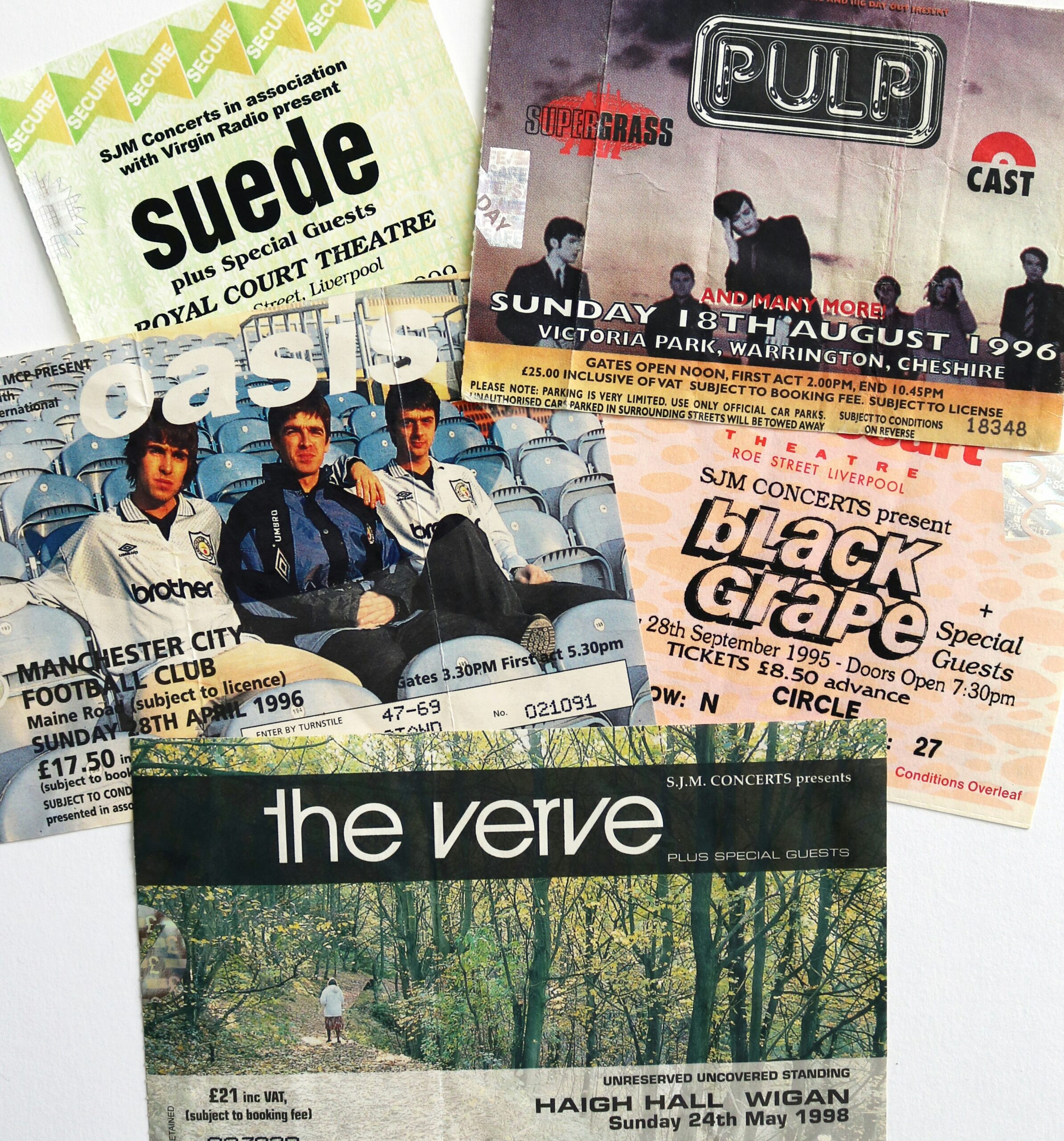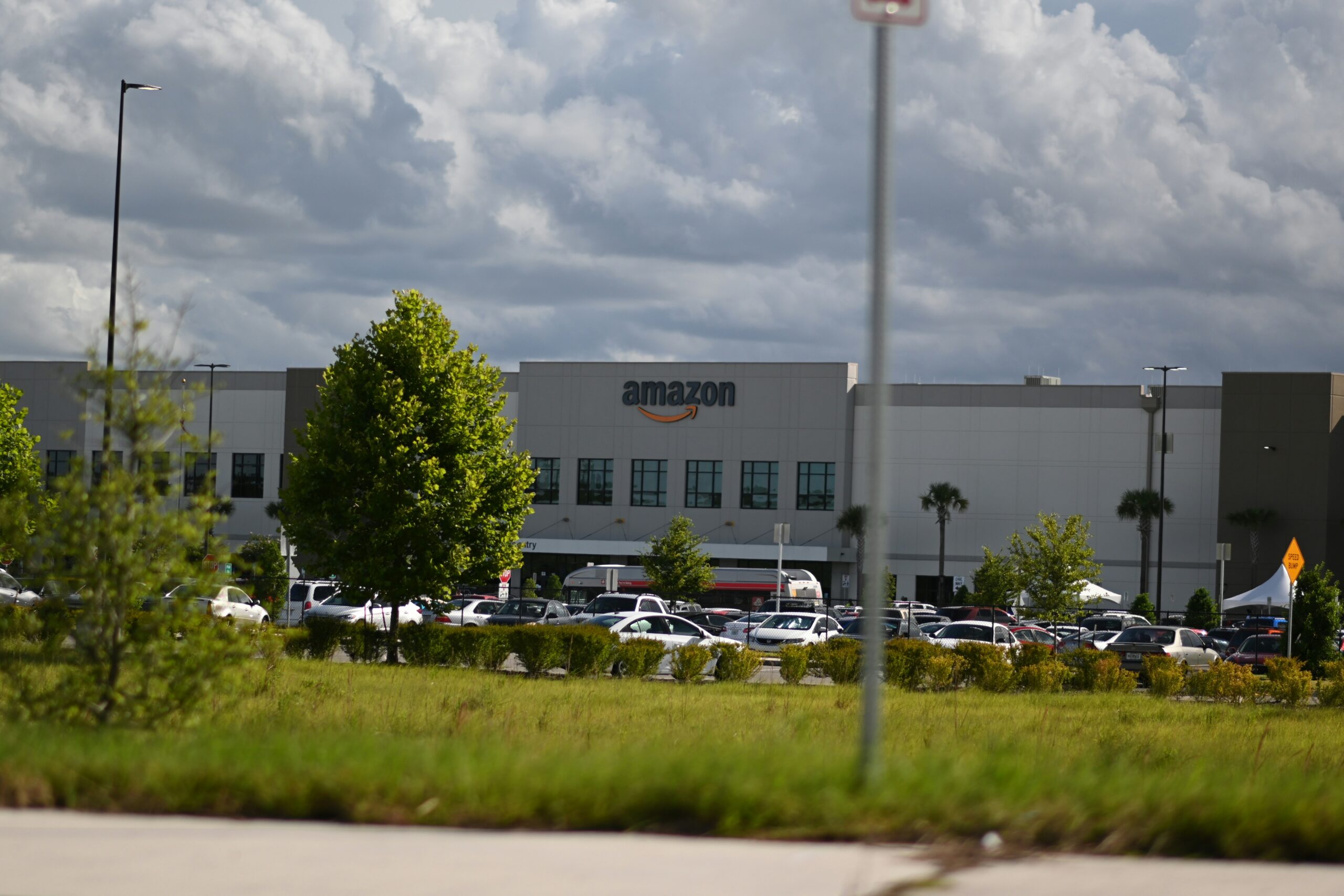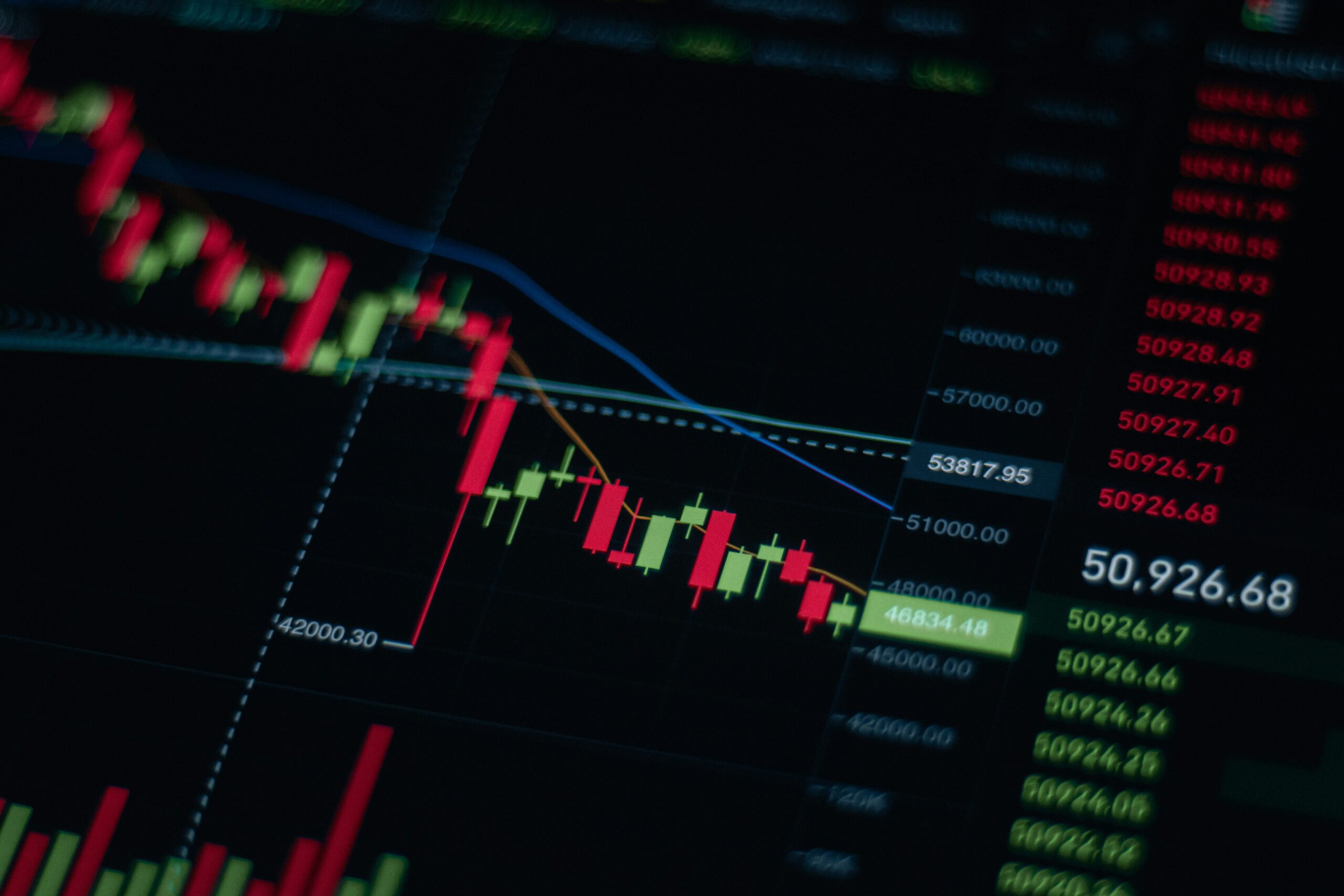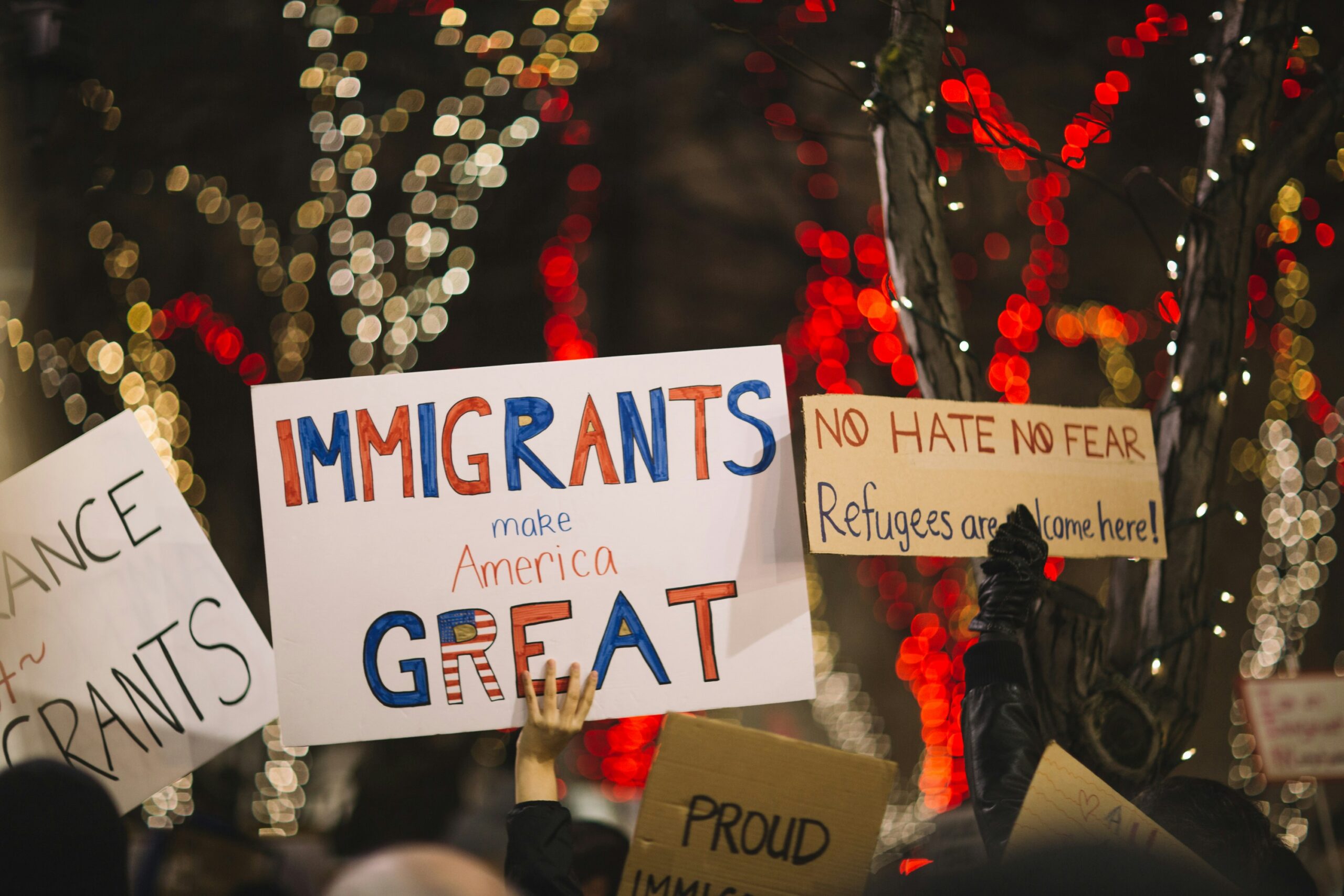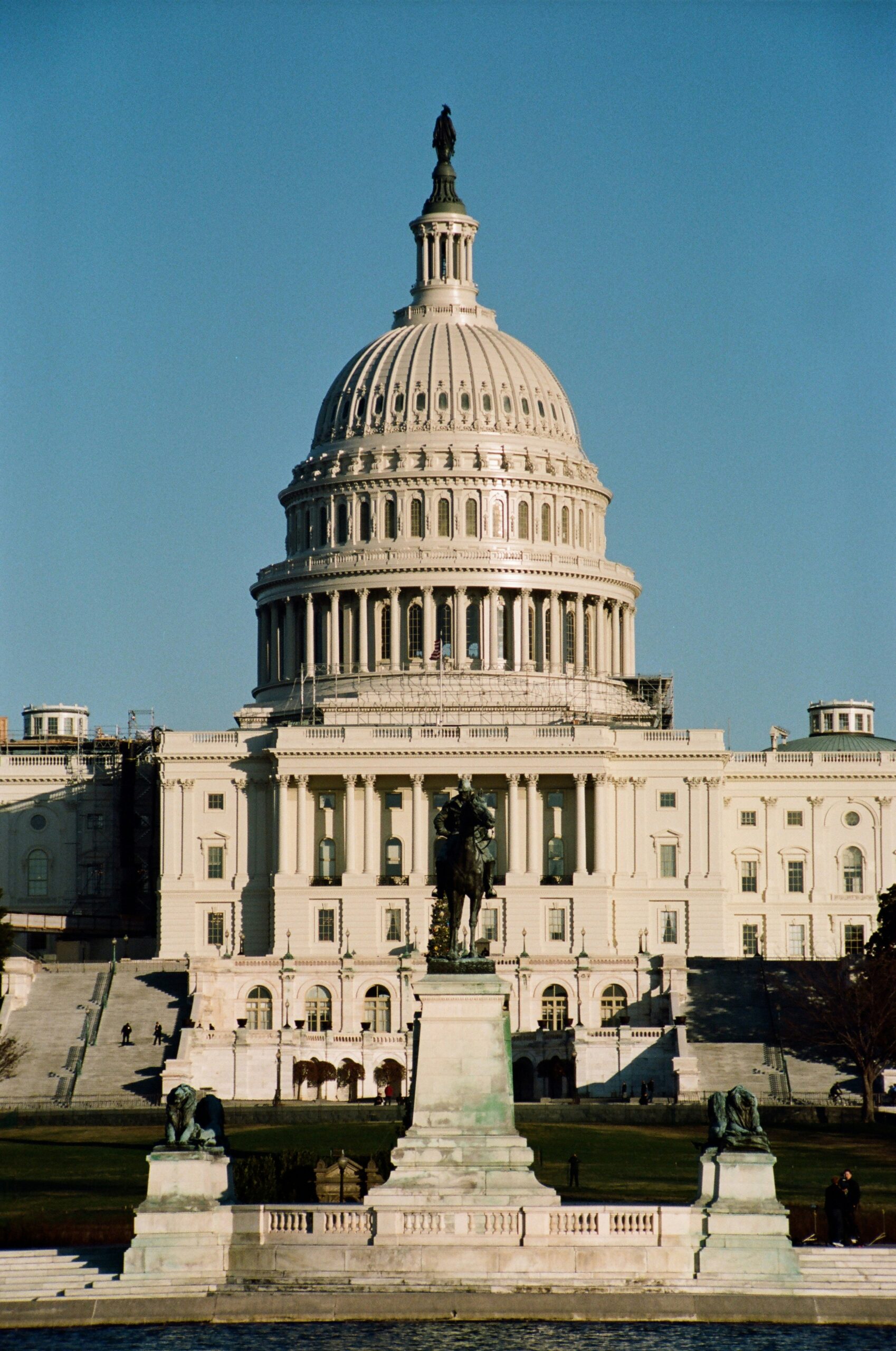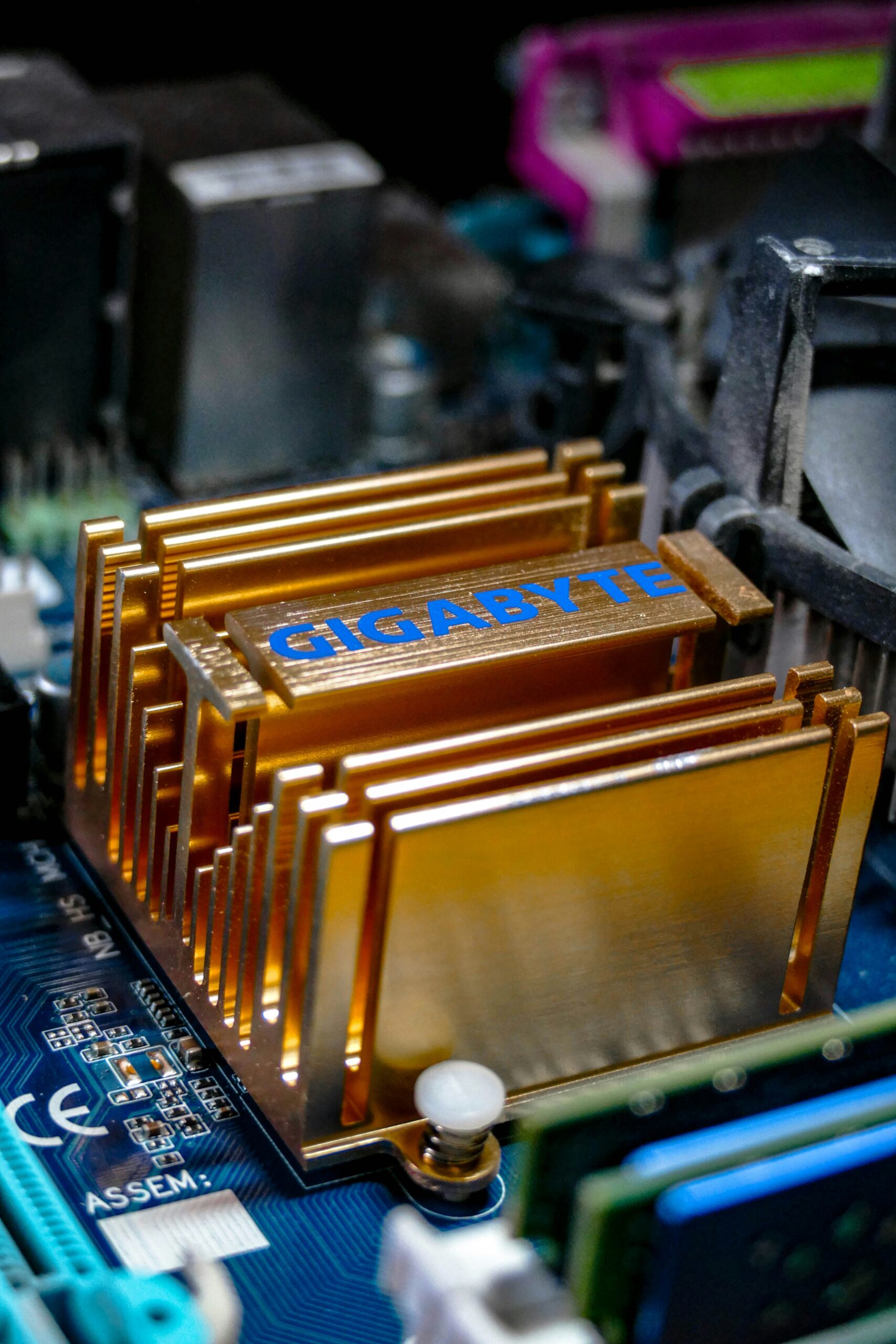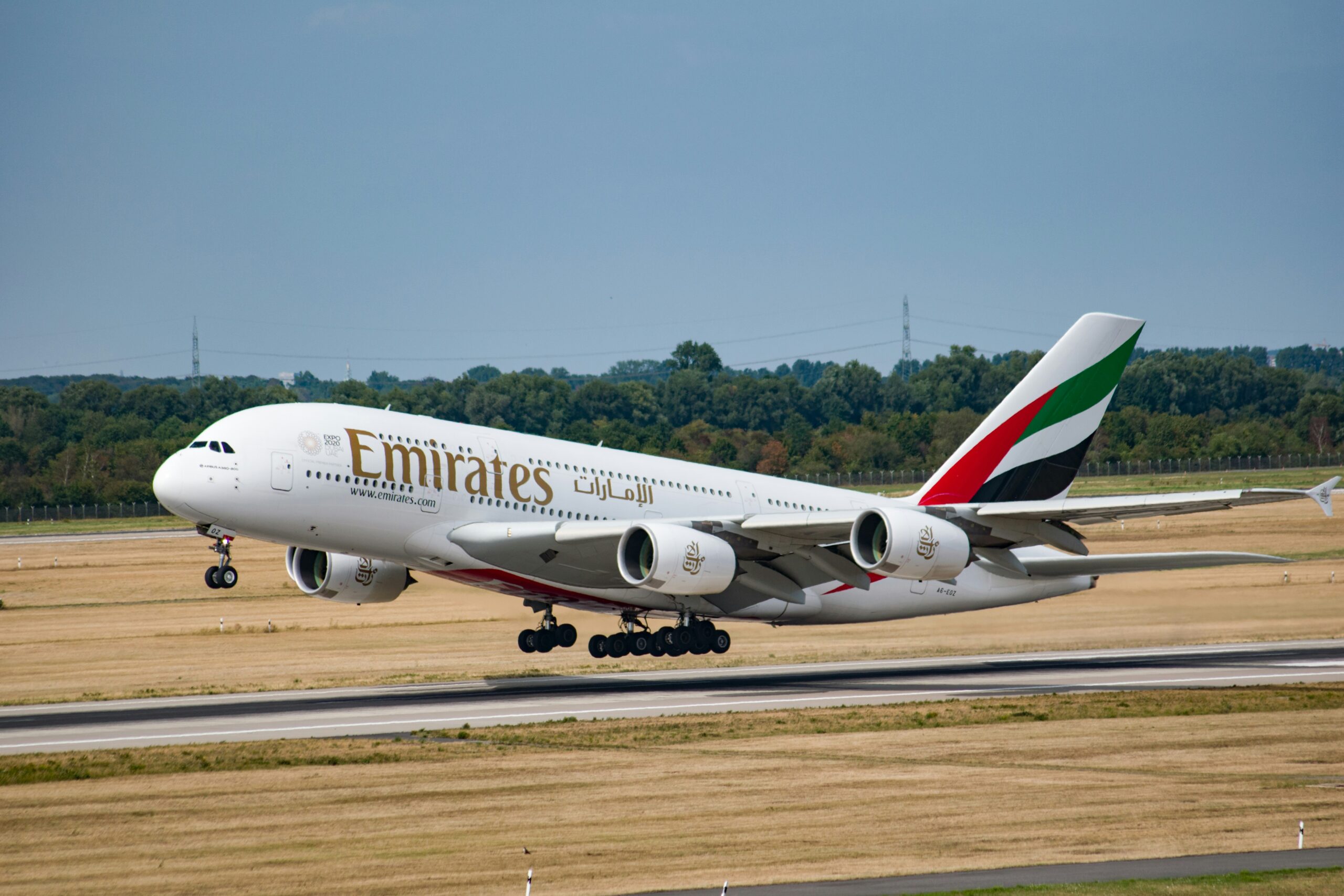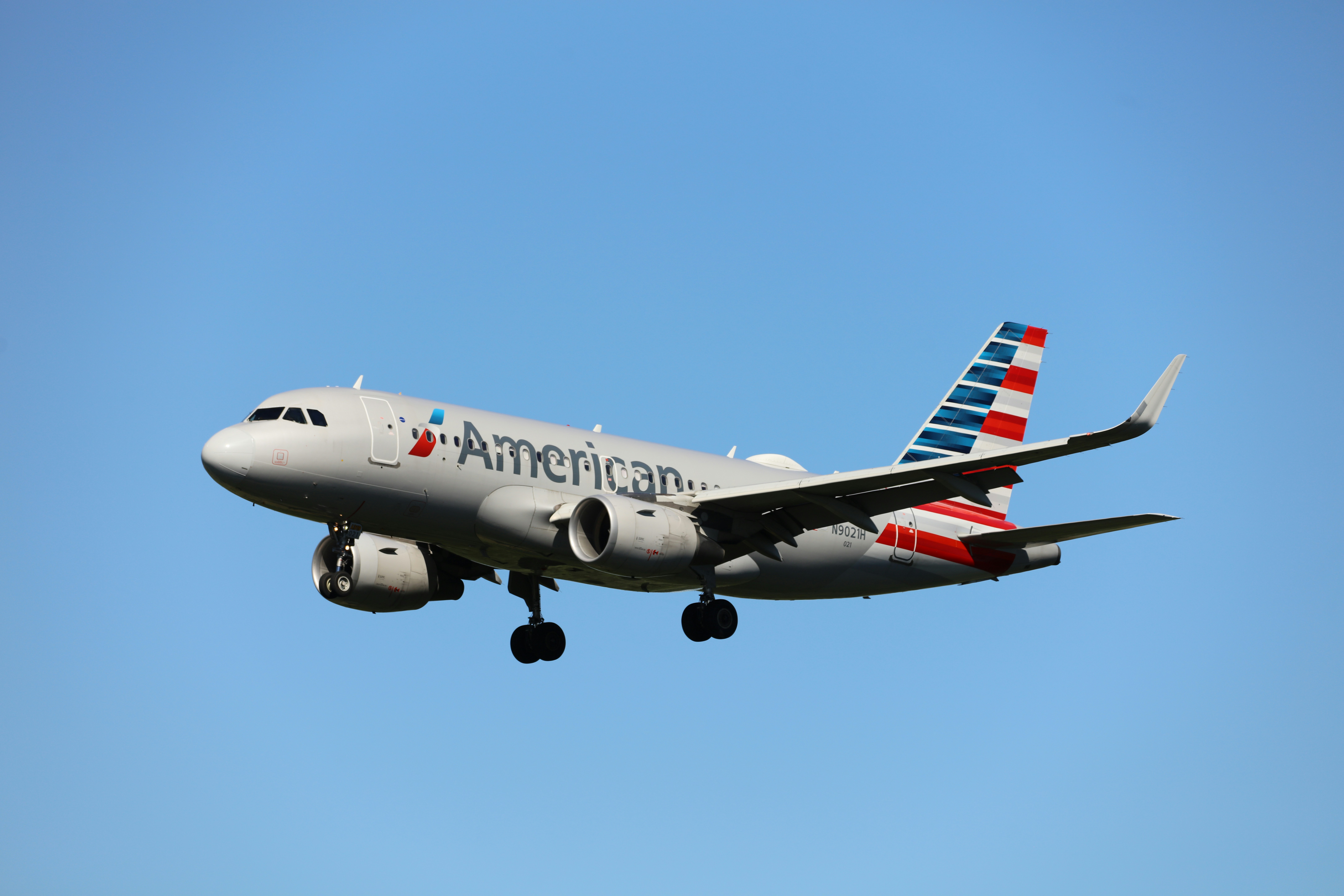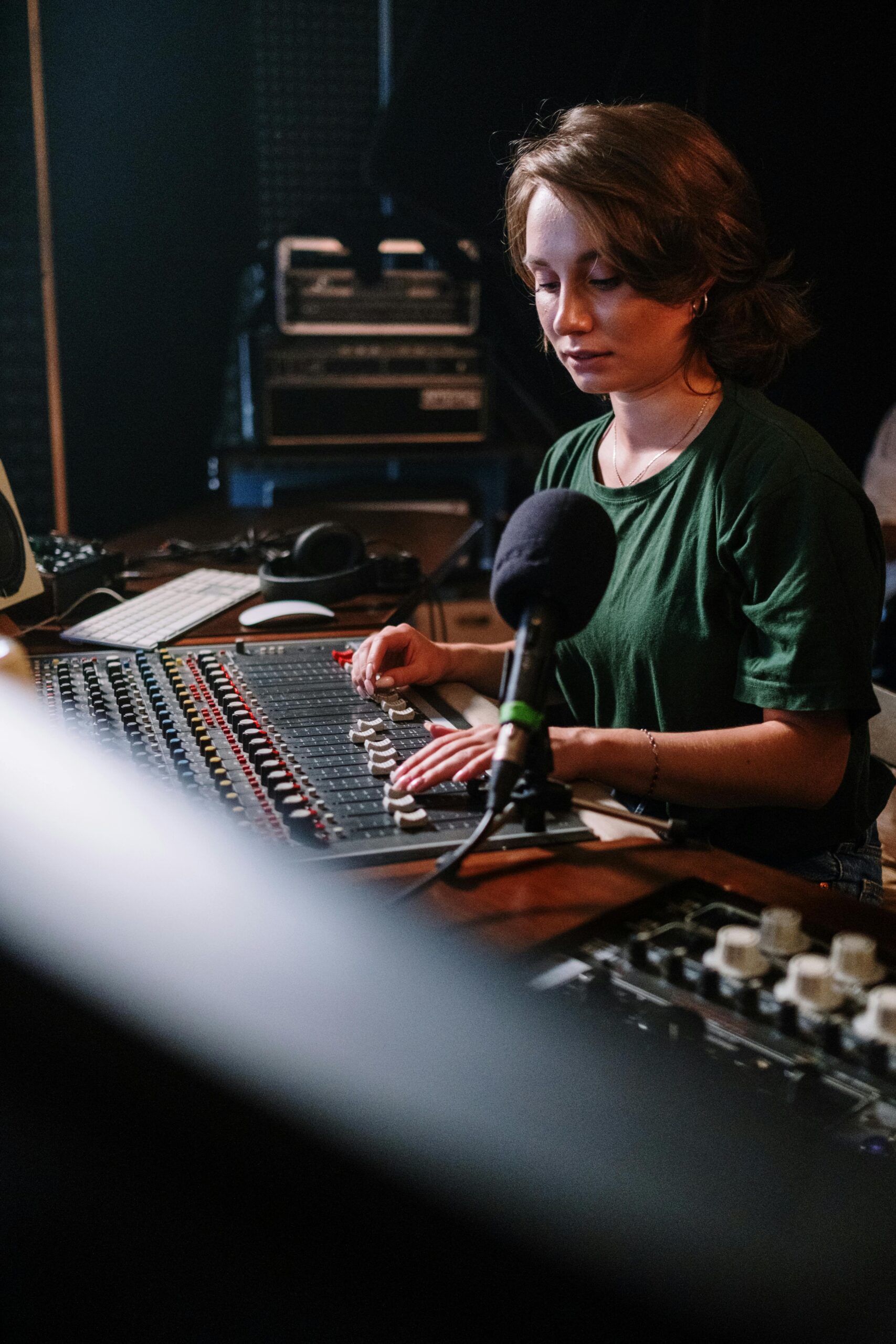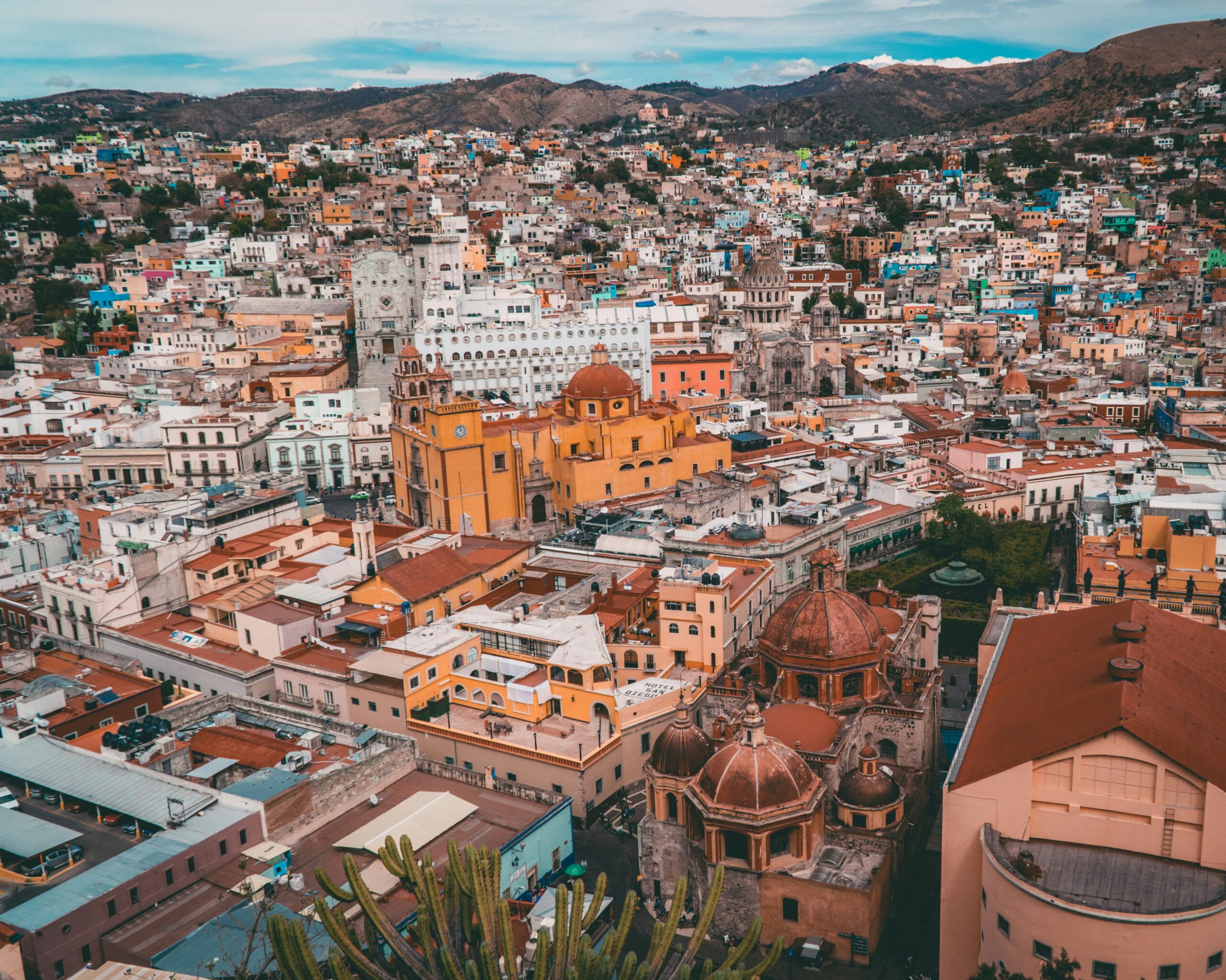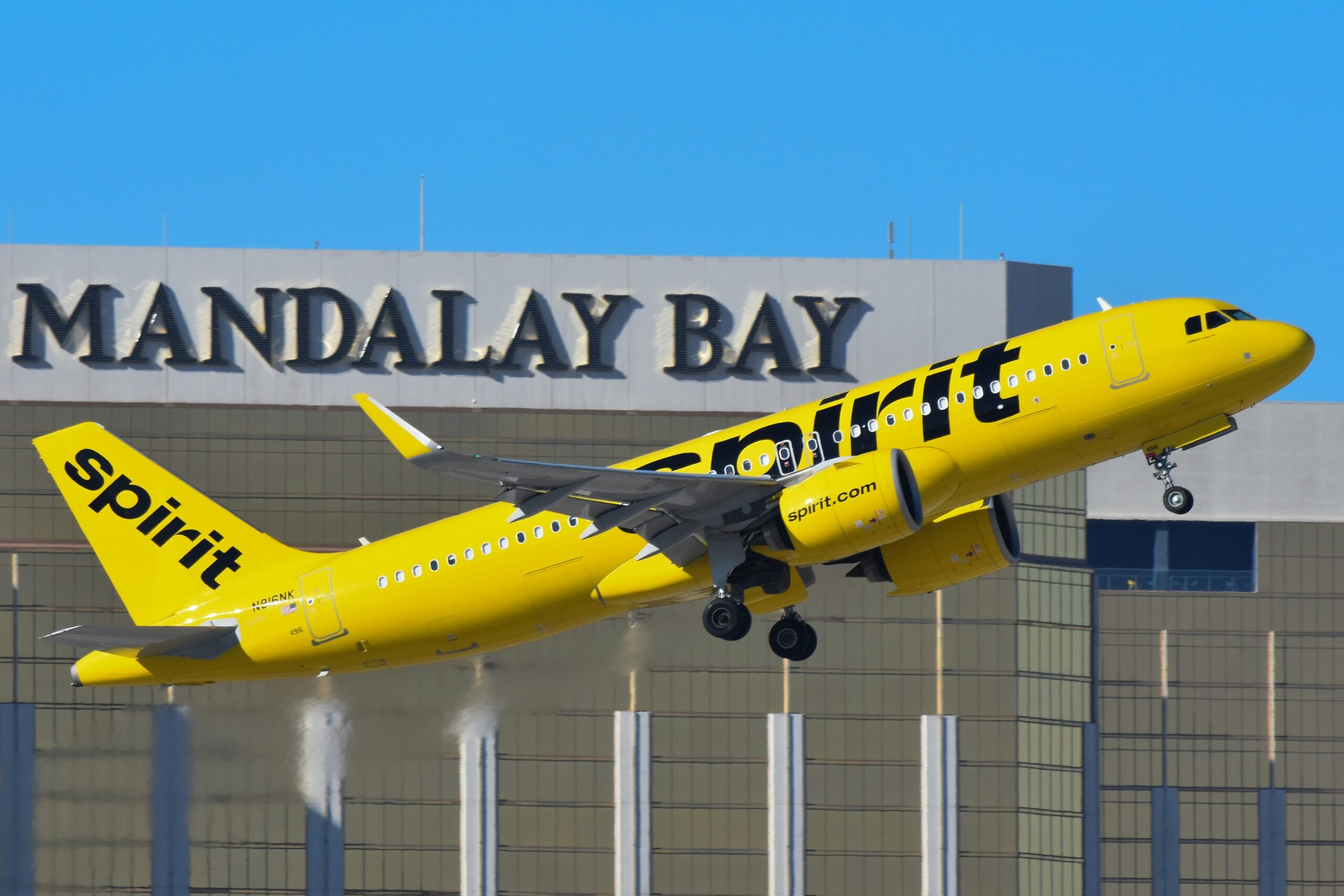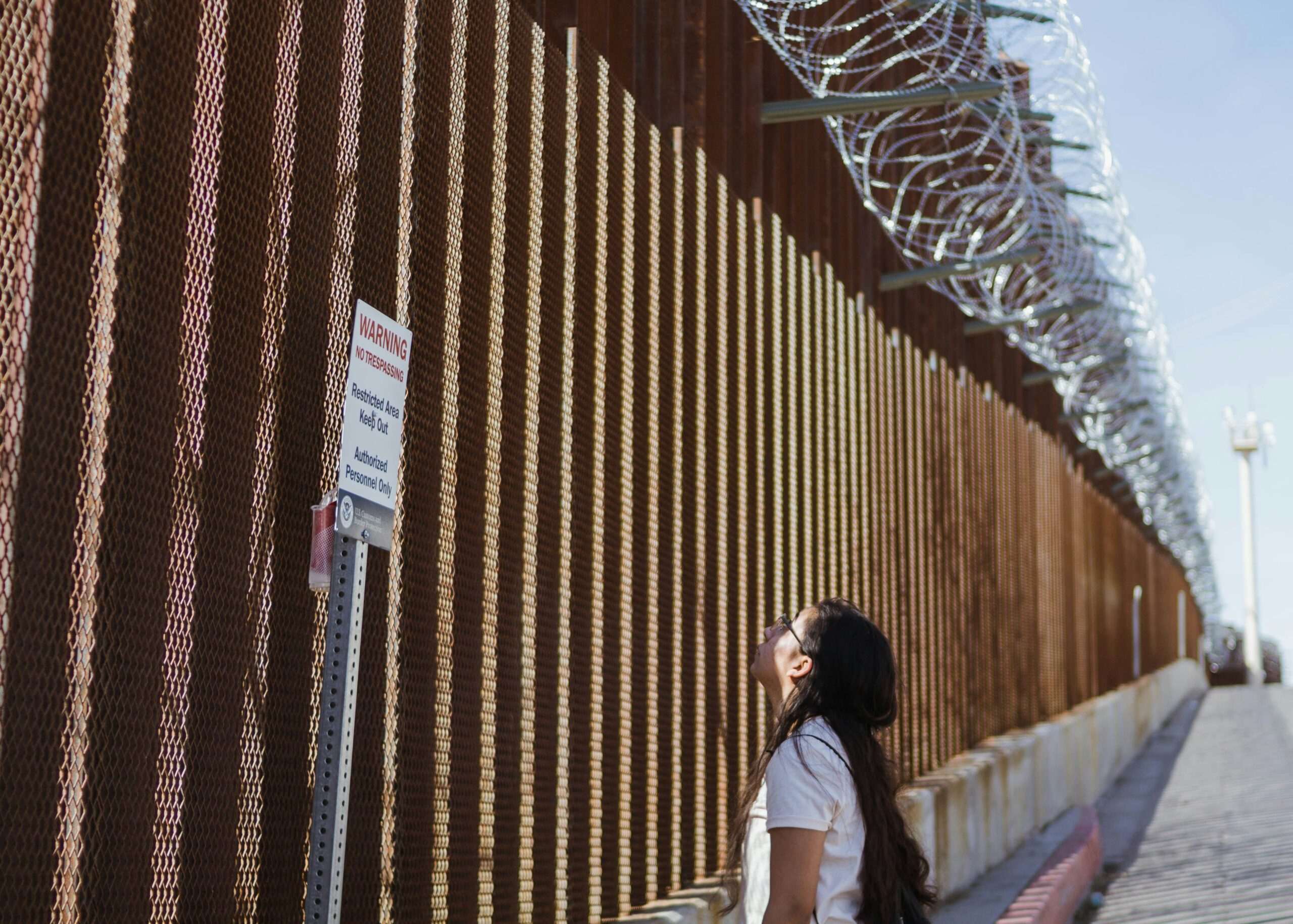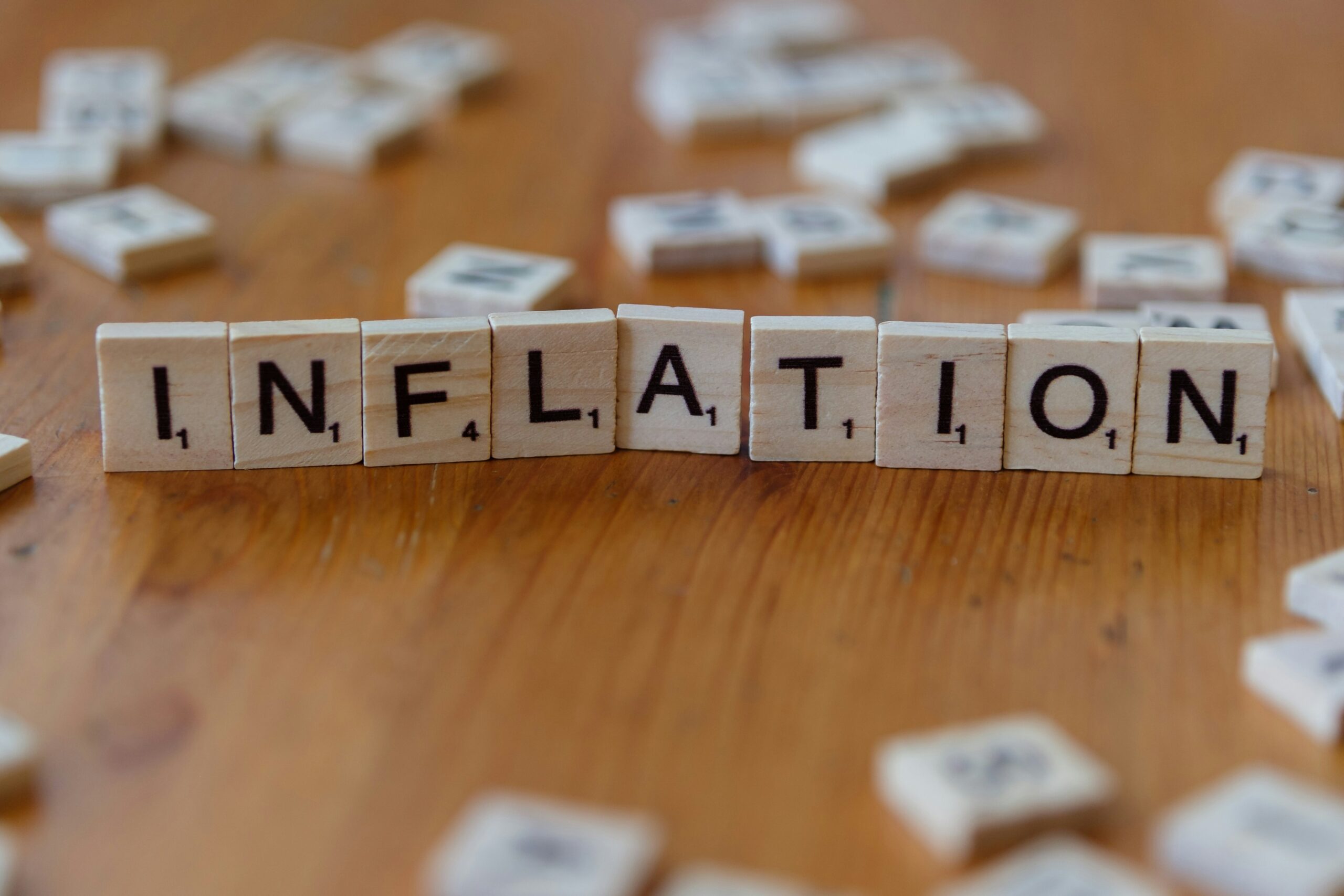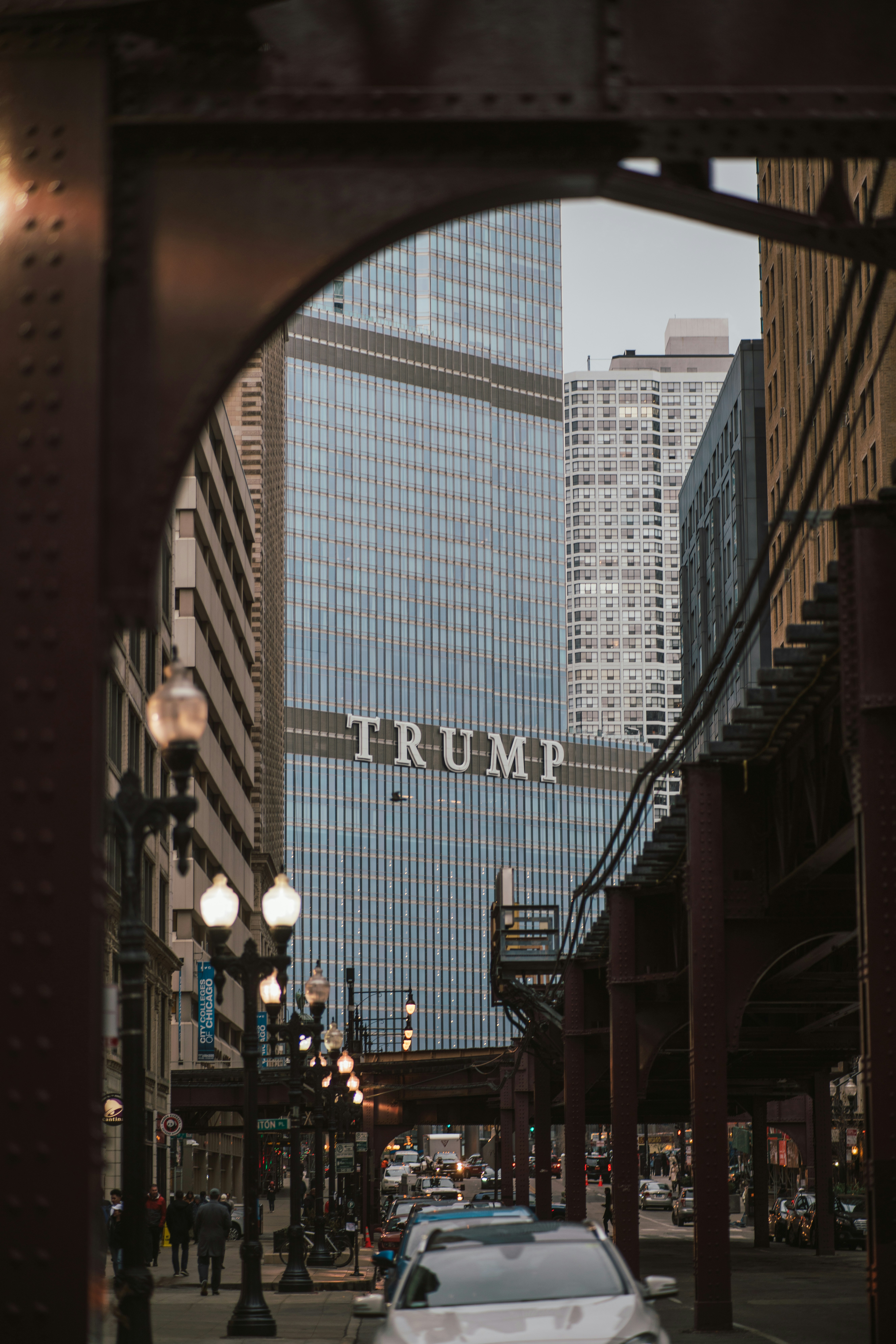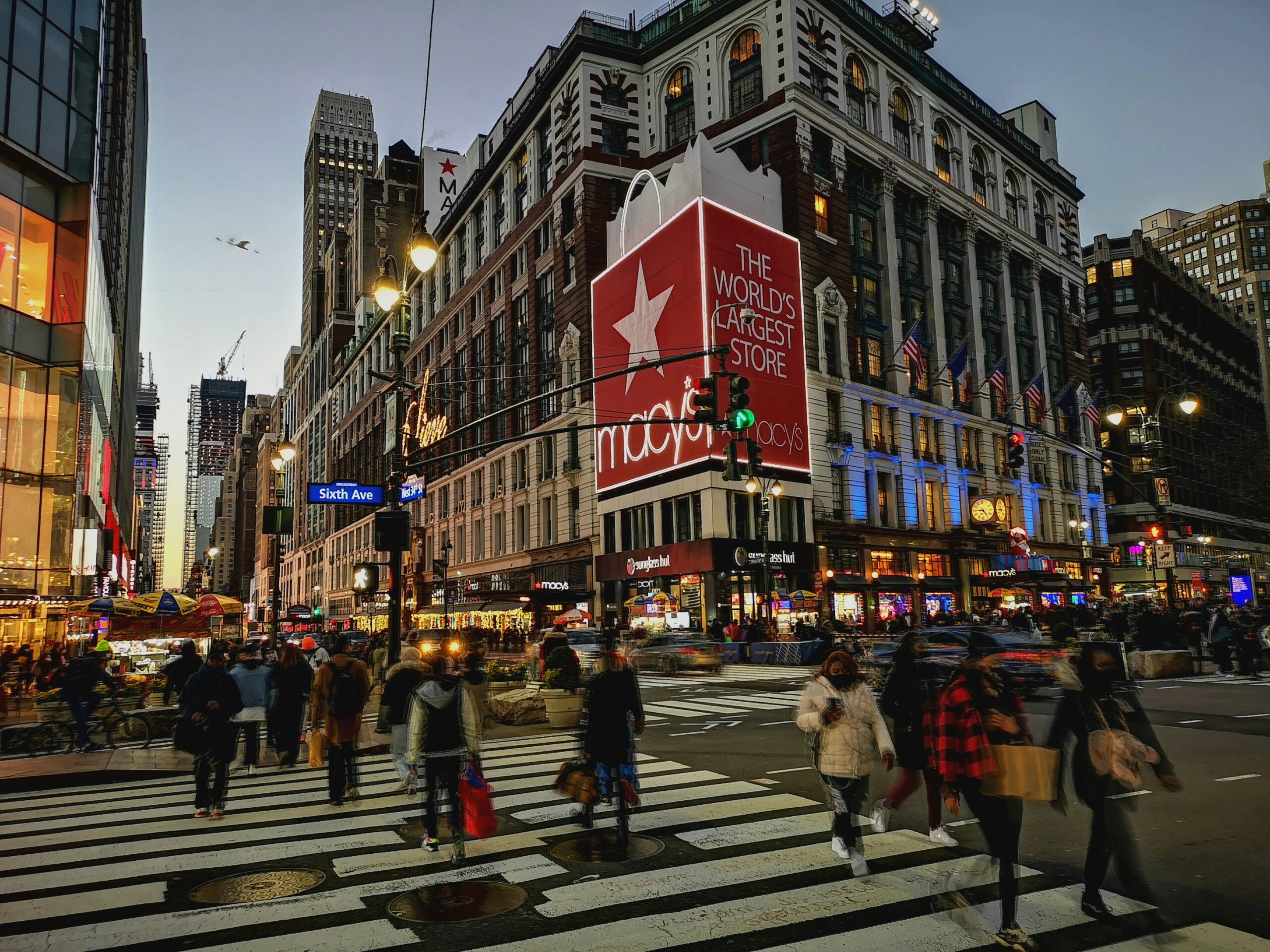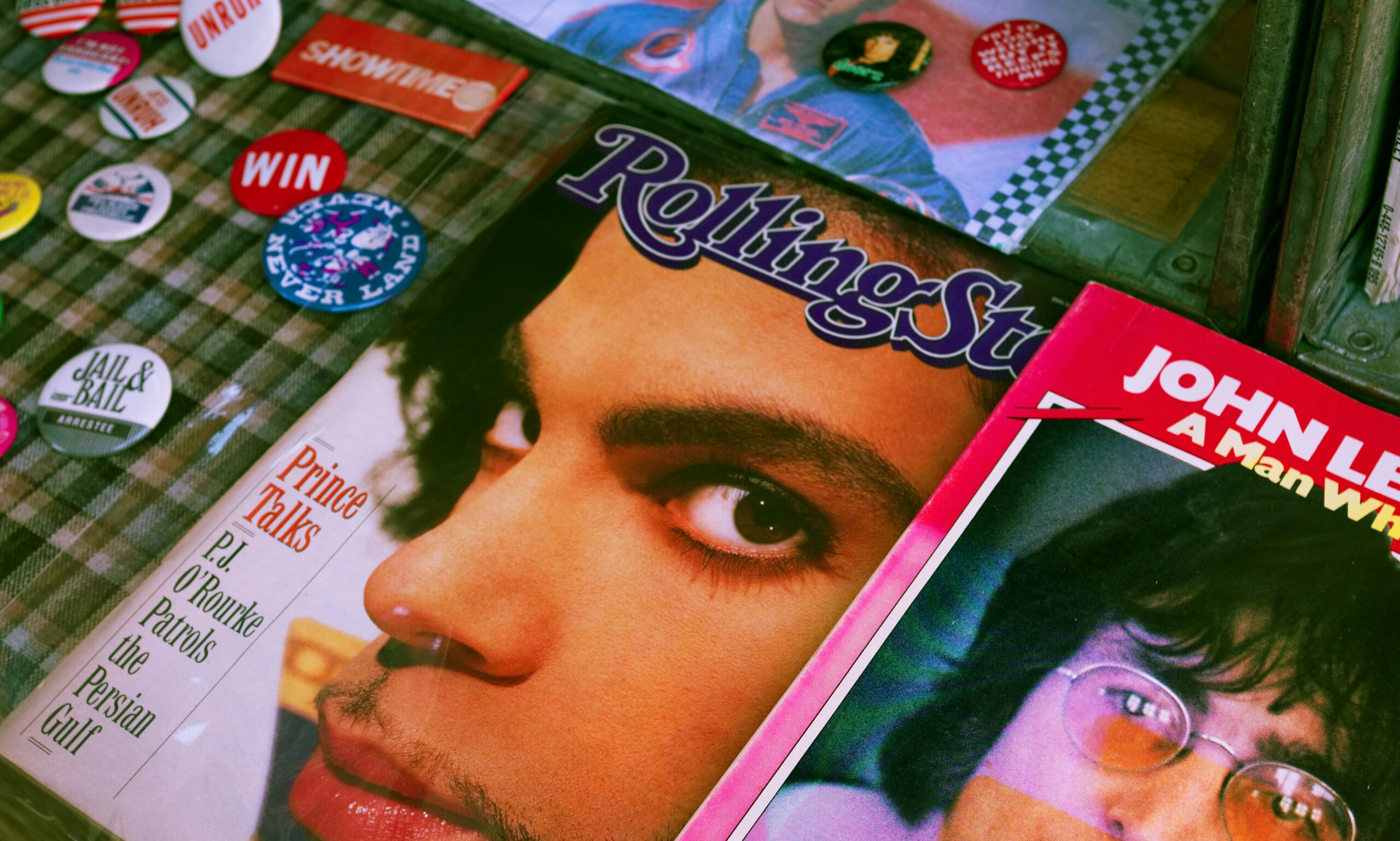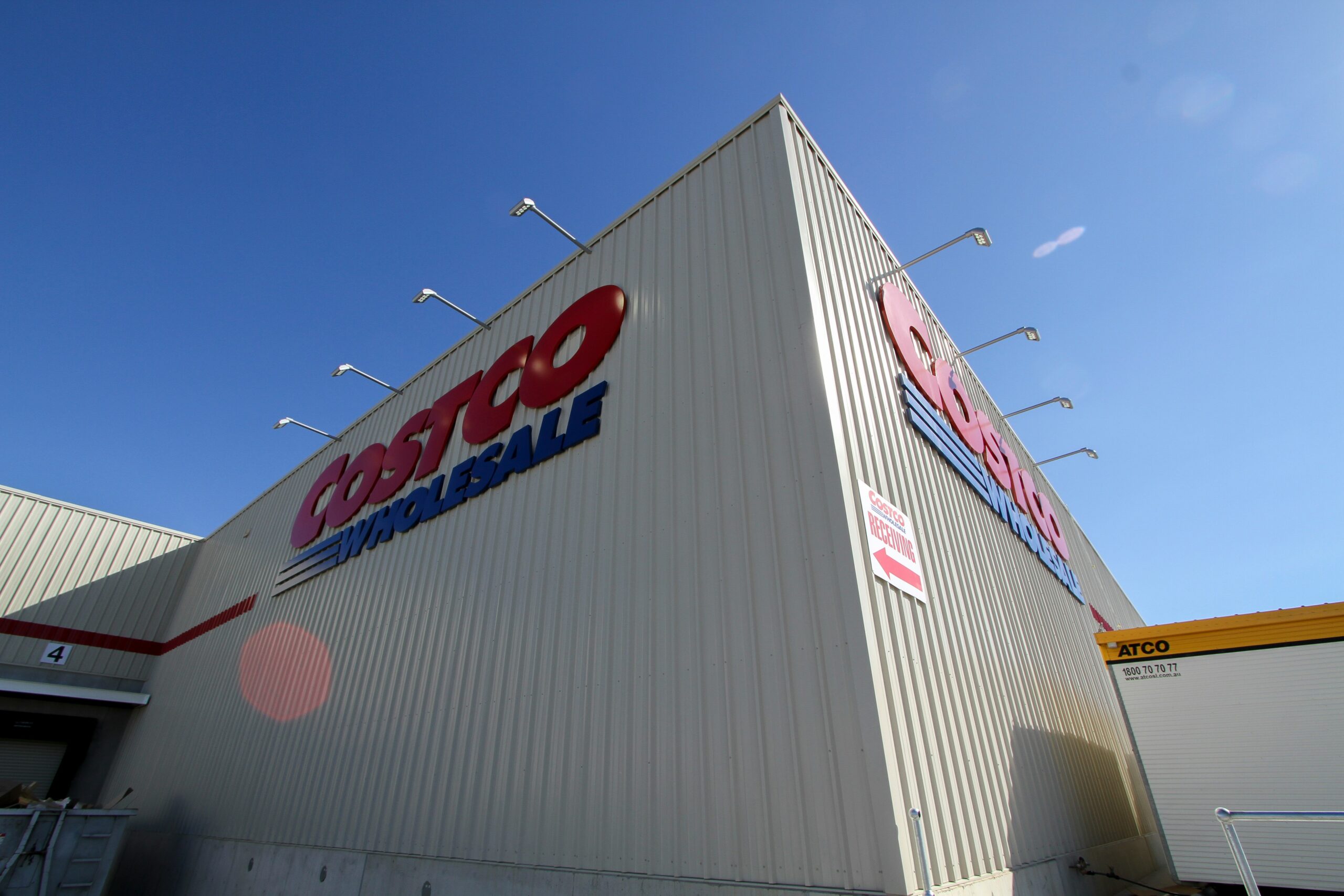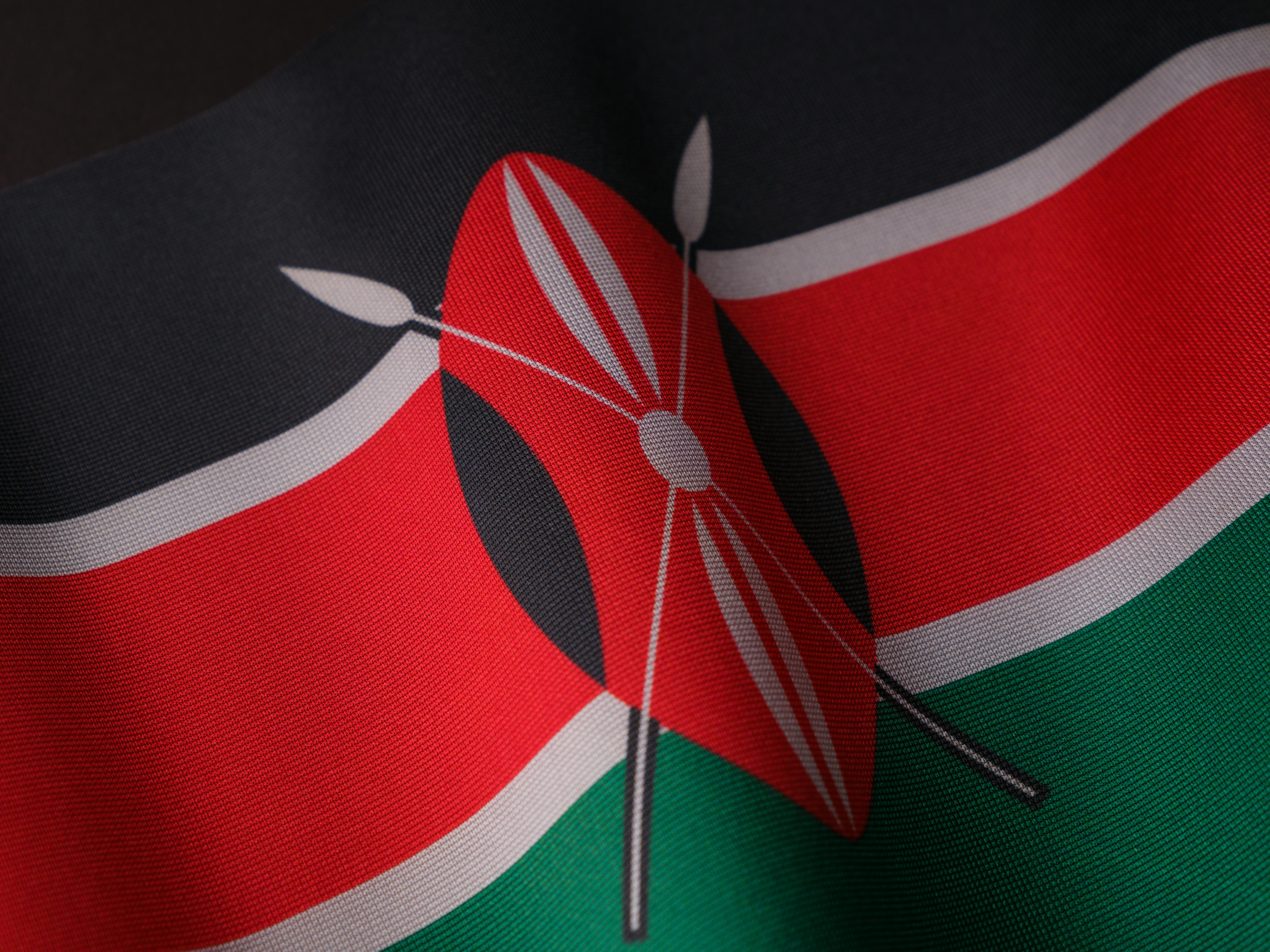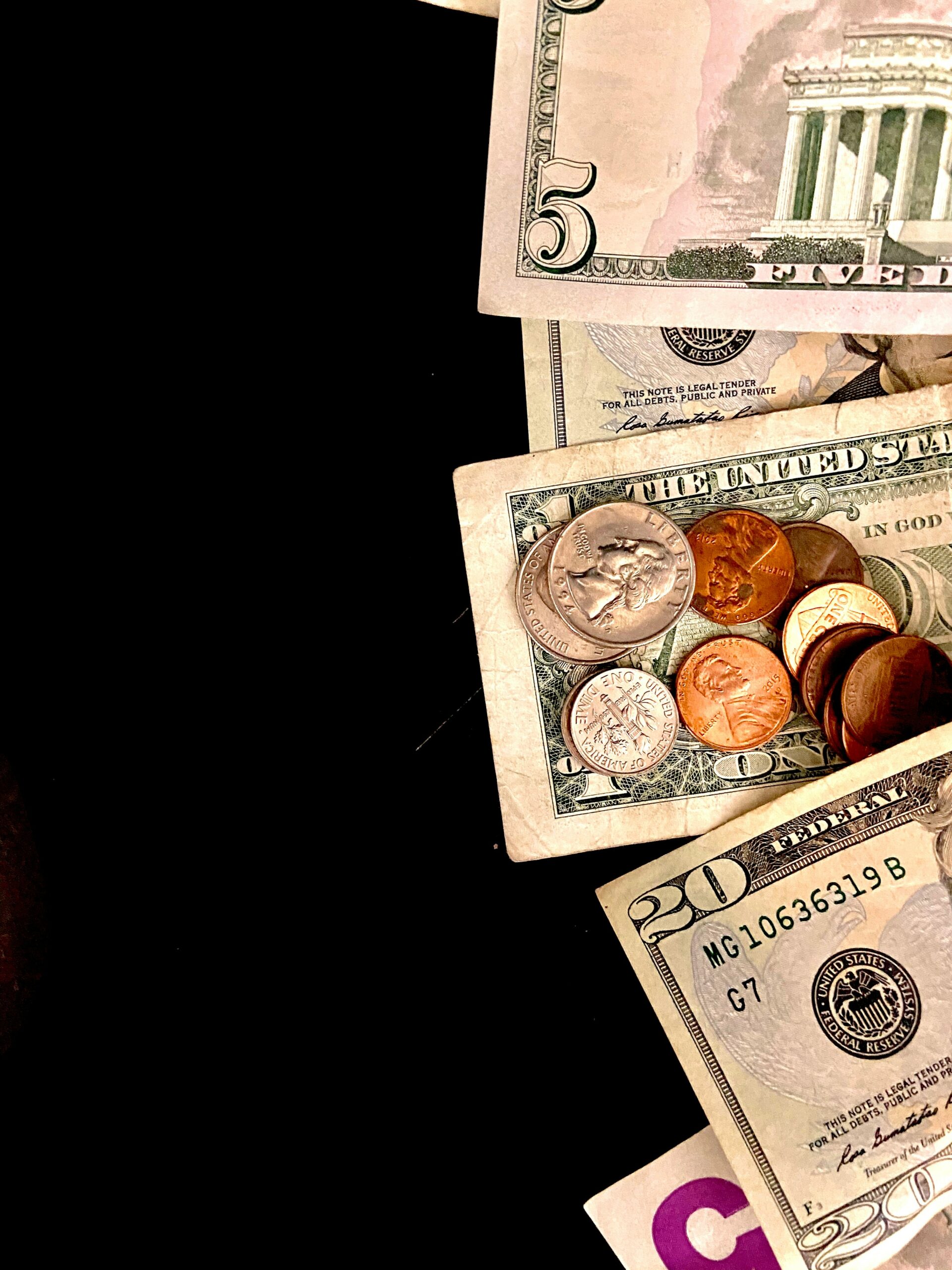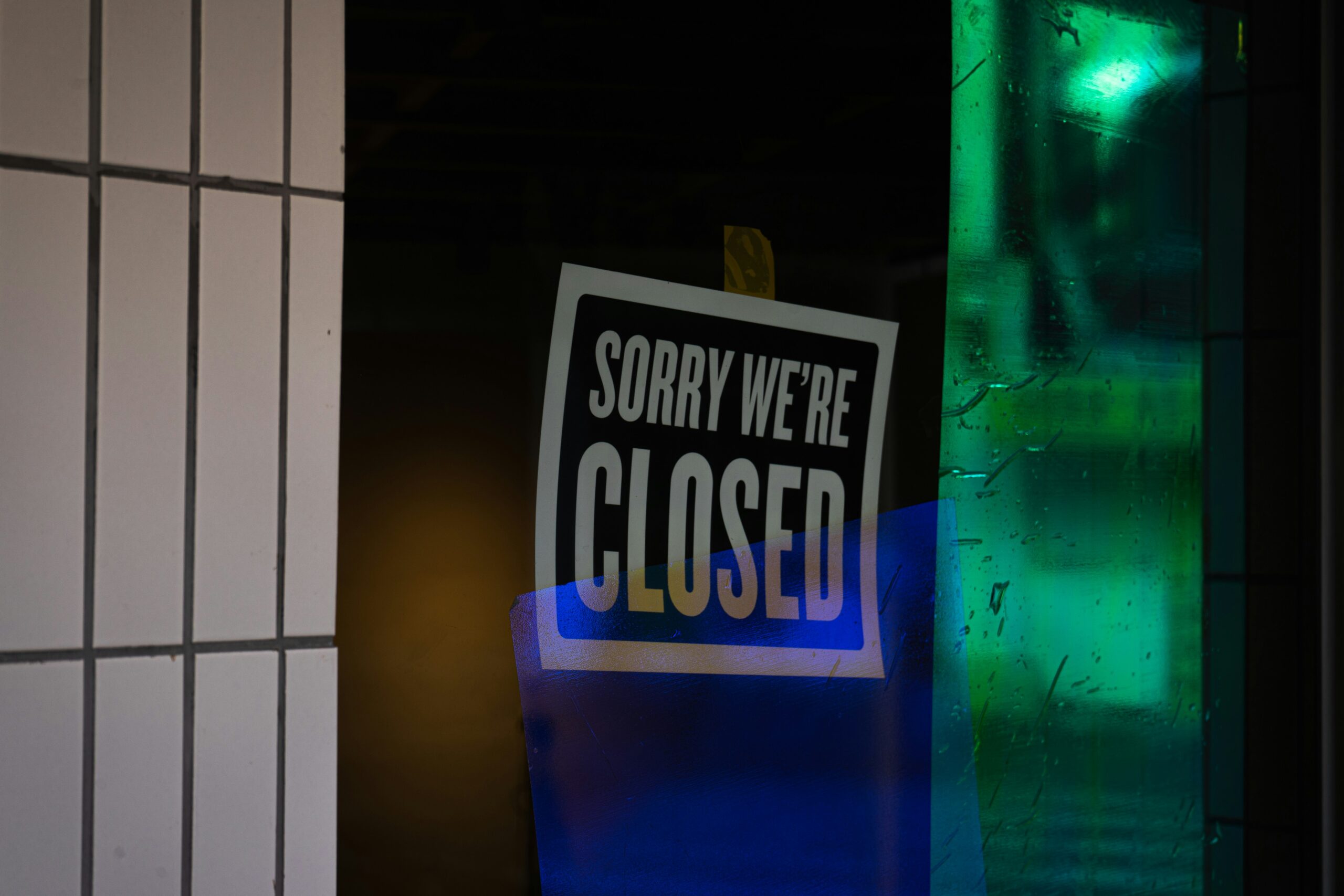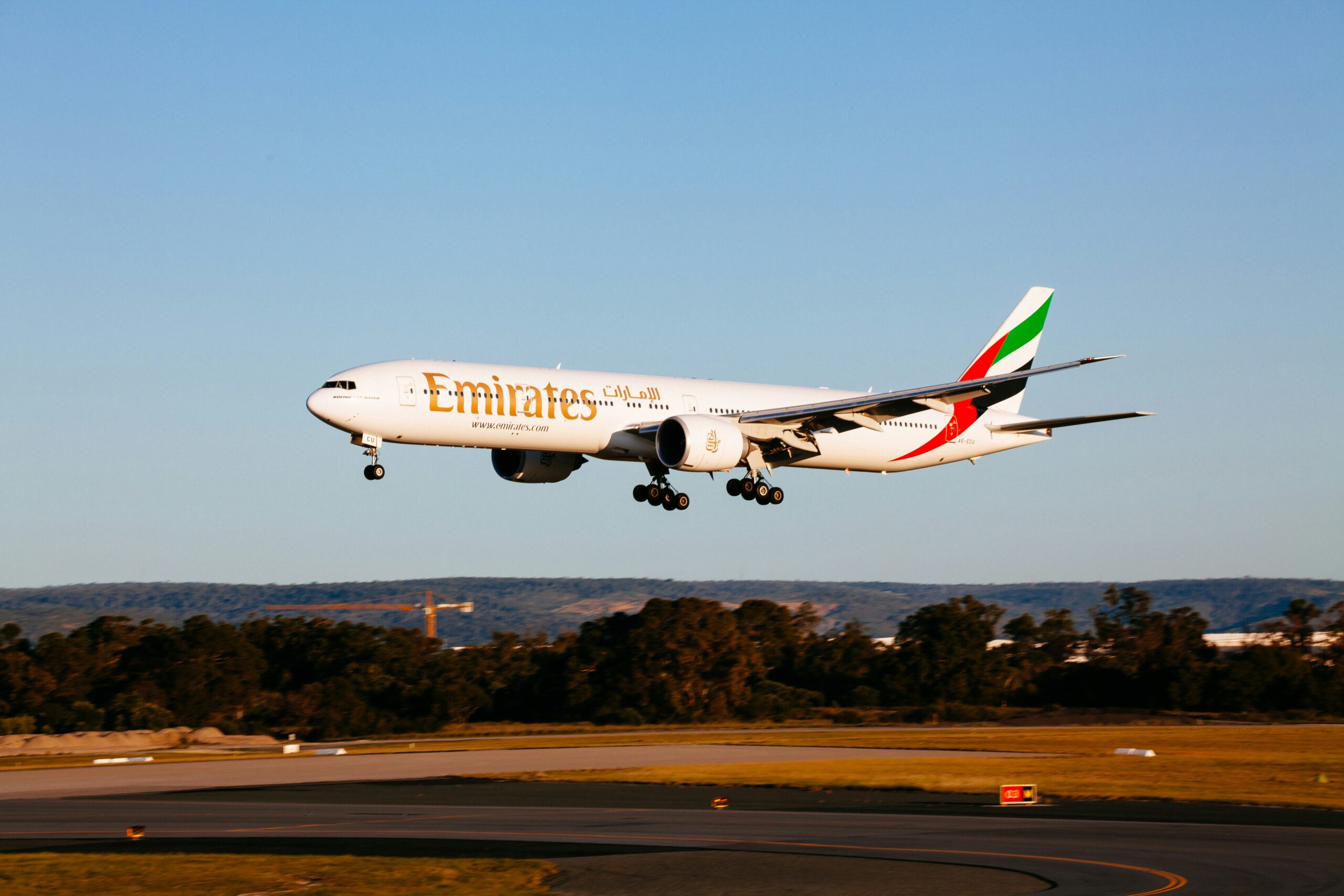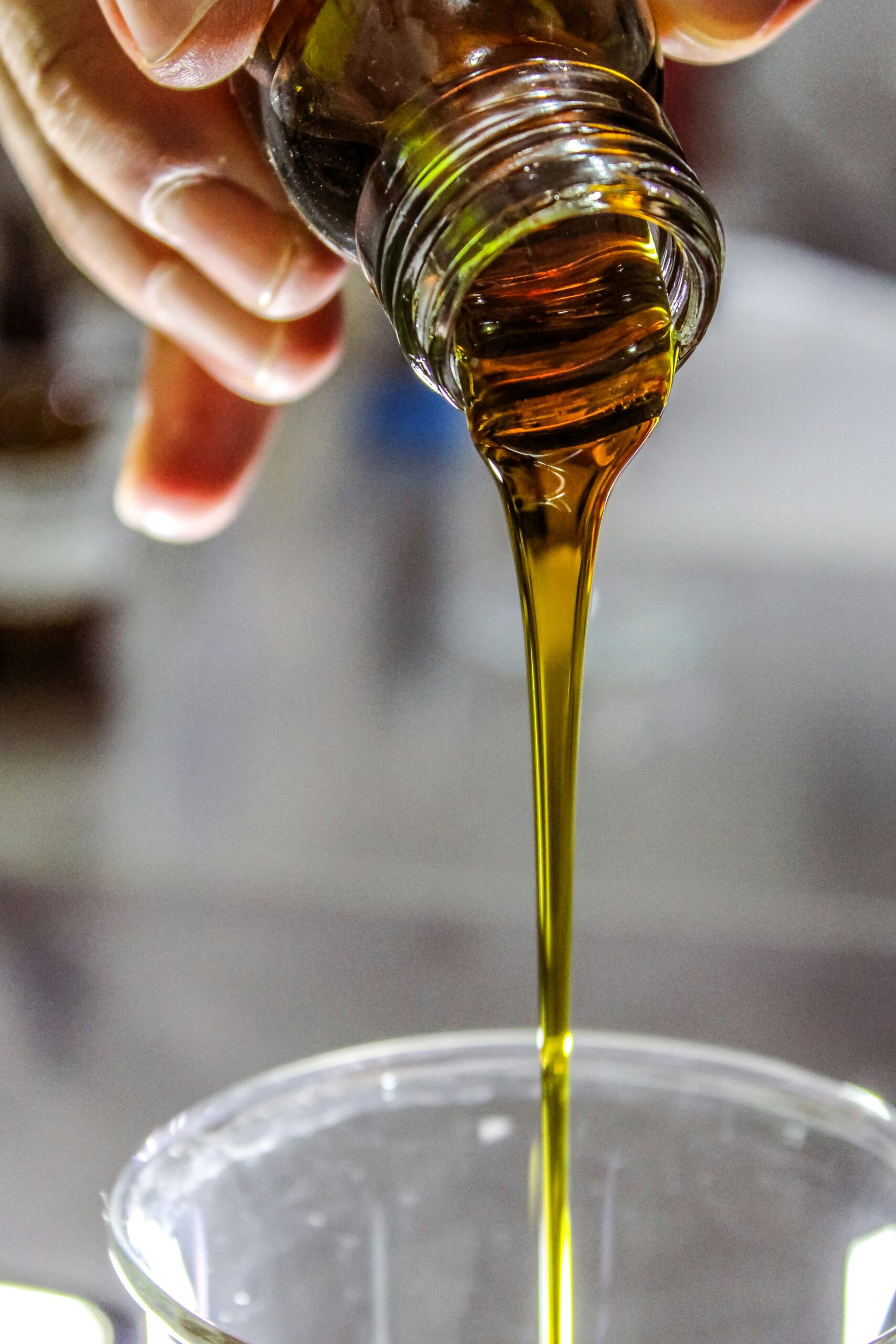Image credit: Unsplash
Oasis, a band that broke up in 2009 amid a sibling fallout between singers Noel and Liam Gallagher, has been brought together for a comeback tour. The announcement that the band would reform came only days after their 16 years of animosity was broken with a compliment from Noel to Liam: “It’s difficult to explain – when I would sing a song it would sound good, when [Liam] would sing it, it would sound great.”
A Rush for Tickets and the Financial Incentive
The pre-sale on August 30 and the general sale on August 31 were flooded with fans trying to book tickets, who put aside their initial confusion for a chance to see the band perform again. It remains to be seen precisely why the band decided to reunite now. Still, with Birmingham City University estimating an over $65 million payout for the band for the first 14 dates, with over $525 million in estimated ticket sales and add-ons, the financial incentive is a hard factor to ignore.
Comparatively, The Spice Girls earned an estimated $78 million, and they caused Ticketmaster to crash for their 2019 tour.
“A deal would’ve been struck early by promoters,” says Jonathan Dean, who first reported on the reunion tour, “and I’ve heard numbers bandied around of the Gallagher brothers earning £50m each… I think that is probably true, ticket prices are higher than they used to be.”
An Incentive to Repair Relations?
However, Dean also argues that the brothers are already wealthy men and would likely have motivations beyond just money. He feels that age brought them back together and wants to reestablish family connections.
Alternatively, Robin Murray, music editor of Clash Magazine, notes that the brothers both finished their most recent solo music commitments, and the timing works for a reunion. “There’s definitely an element of truth to this simply being two people, with a particular bond, being in the right place at the right time.”
There’s a rivalry between the two, but a competitive spirit can drive camaraderie. Both brothers found success in their solo careers, but Liam achieved the most, perhaps giving Noel a need to prove himself further.
Oasis’ Continued Cultural Relevance
Even during Oasis’ silence, the rise of streaming has continued to spread the band’s influence and garner new fans. Their music is timeless, in its way, drawing new audiences while retaining committed fans. Despite rumors leading up to the reunion announcement, Spotify observed a 160% increase in Oasis streams. The announcement brought three of the band’s albums into the spotlight, hitting the Top Five on August 30. The Greatest Hits album saw a 332% increase in streams.
“What Oasis do is simple,” Dean remarks, “and I don’t mean that in a bad way, it’s songs of escapism and going off and doing your own thing and being free of the drudgery of daily life and work, but done in a simple, slightly raucous, singalong way.”
The Risk of Reunion
Reunion tours can be risky for bands and artists, but Oasis avoids this issue by gauging this initial reaction. There have yet to be any announcements that the band will create new music, preventing the risk of letting fans down. They aren’t overpromising, so there’s little concern about underdelivering.
Still, ongoing pricing concerns on Ticketmaster may alienate specific audiences. Tickets started at around $180, but “dynamic pricing” on the platform saw this rise to over $465 on Saturday. Frustrations among older and younger fans have reignited concerns with gatekeeping, all while unofficial resale tickets have jumped to nearly $8,000.
The incentive to see the band is partly ignited by this being the last chance to see them live. Even if relations between the brothers seem to be improving, the risk of another fallout remains. Who is to say where the band will go next?
